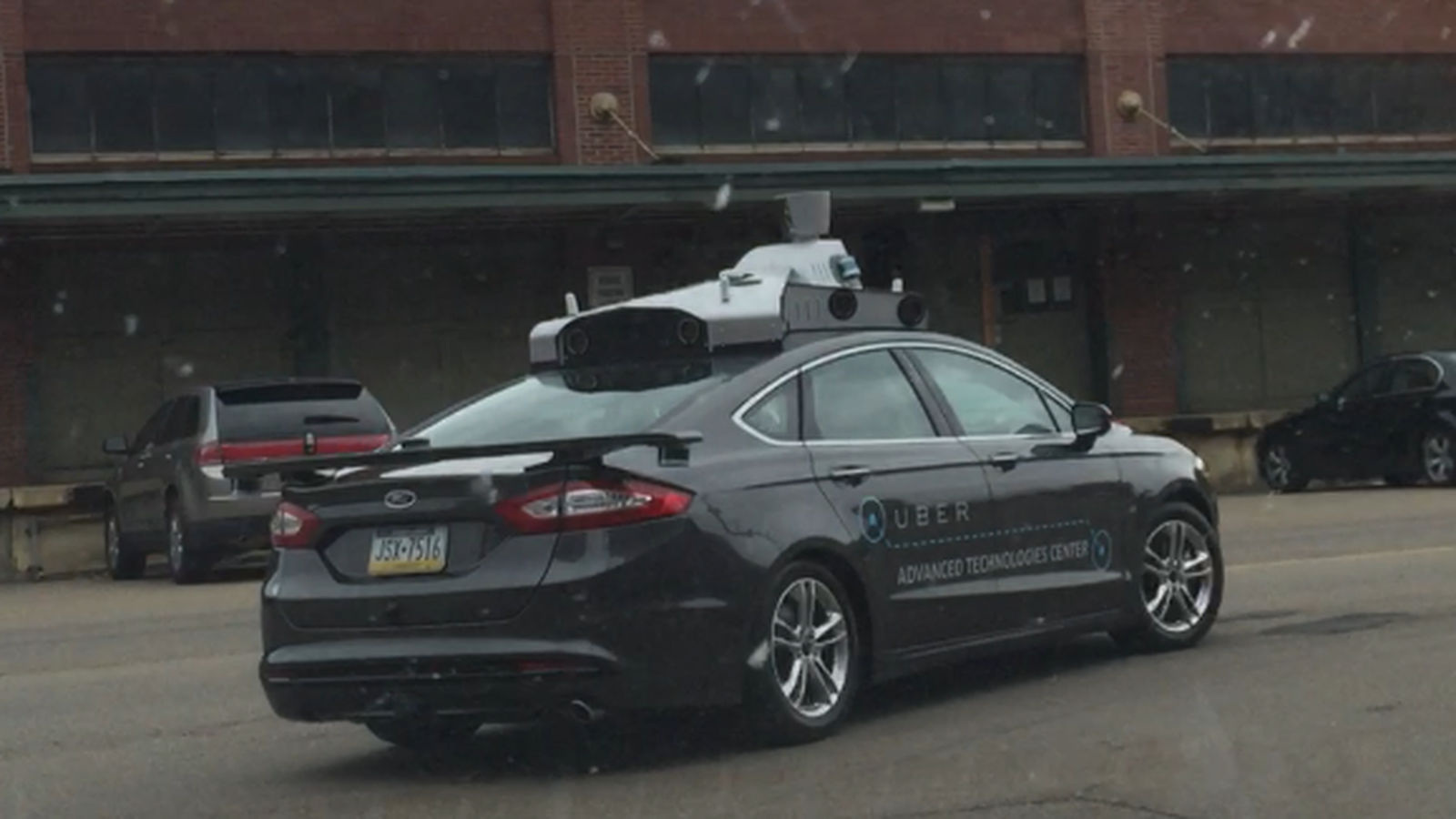Two engineers who showed they could remotely hack into vehicles have been hired by taxi hailing service Uber. In its latest round of recruiting, Uber has been recruiting aggressively as it seeks to beef up car security after previous breaches damaged the company’s business in some parts of the U.S. Through the hires, the service is setting itself up to be the most secure transport services in North America.
It also, most interestingly, hints that Uber continues to have ambitions that go far beyond just being a hailing app and instead controlling, and possibly building, self driving cars. CEO Travis Kalanick has in the past hinted that Uber would like to operate a fleet of self driving cars. Such a fleet would have significant security overhead and face just the kind of problems the new hires know how to solve.
Charlie miller and Chris Valasek are the two engineers hired by Uber to work in the company’s Pittsburgh offices. The two will work under Uber’s self driving car and robotics research department, yet more evidence the focus of the hires is longer term projects around autonomous vehicles.
A statement released by Uber revealed that the two hackers would work closely with both Joe Sullivan Uber’s chief security officer, and John Flynn, Uber’s chief information security officer, to “continue building out a world-class safety and security program at Uber.”
The hiring of the two marks Uber’s latest round of recruiting after aggressively poaching top tech officials from other firms. Sullivan was hired from Facebook from where he worked as a highly respected security information engineer. In the last year, the cab hailing company has also gradually poached 100 engineers from Google to work in its own mapping and geo divisions.
The recent round of talent recruitment comes in the wake of the company’s enhanced focus on security after a breach of its computer systems in February. The breach exposed the names, identification numbers and driver’s’ licenses of up to 50,000 of its drivers.
Uber security officials noted that the potential for breach continued to grow especially as modern vehicles became more and more computerized. A Verizon research conducted last year November revealed that 14 car makers controlled a whooping 80 per cent of the market. In addition, each had its own connectivity system.
With the high end user figures dependent on 14 car manufacturers, a vulnerability in car security systems would be disastrous if not a calamity.
Both Miller and Valasek have made car security systems their specialty. In the start of the year, the two revealed just how they could remotely hack into hundreds of thousands of vehicles and take control of their operations including windshield wipers, air conditioning, lights, radio, navigation, braking, acceleration and even steering.
Their exposure of the vulnerability led to the recall of 1.4 million Fiat Chrysler vehicles in July.
The two said their focus was in making cars safer and more secure for the millions of Americans using them every day.
Uber’s Pittsburgh center is dedicated to advanced technology for enhancing car safety and autonomy. All signs continue to point to the company’s vaulting ambitions to make a self driving network of Uber’s a reality in the near future.
Stay Connected